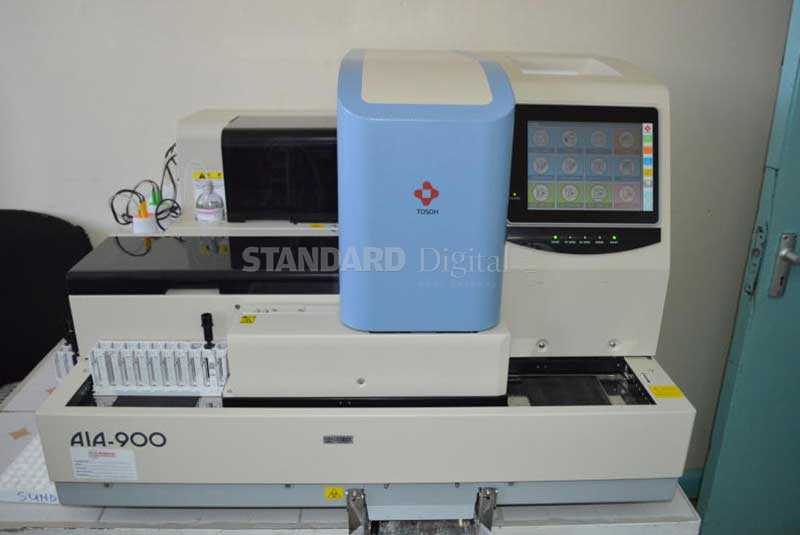×
The Standard e-Paper
Join Thousands Daily

Kenya’s oldest cancer treatment machine at the Kenyatta National Hospital (KNH) has finally been retired.
The Cobalt 60 radiotherapy machine was bought in 1983 and was meant to work for 15 years and be retired in 1998.